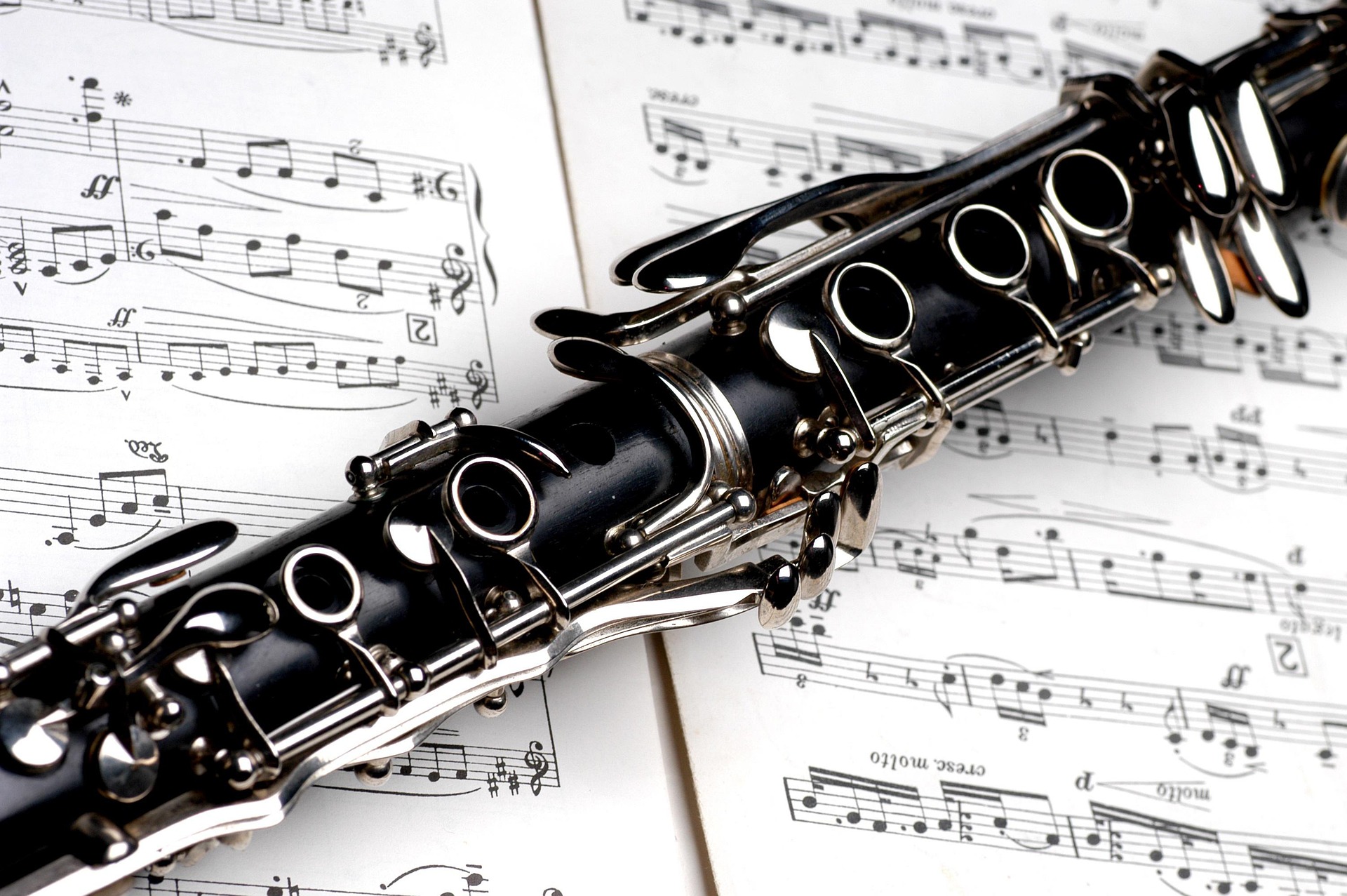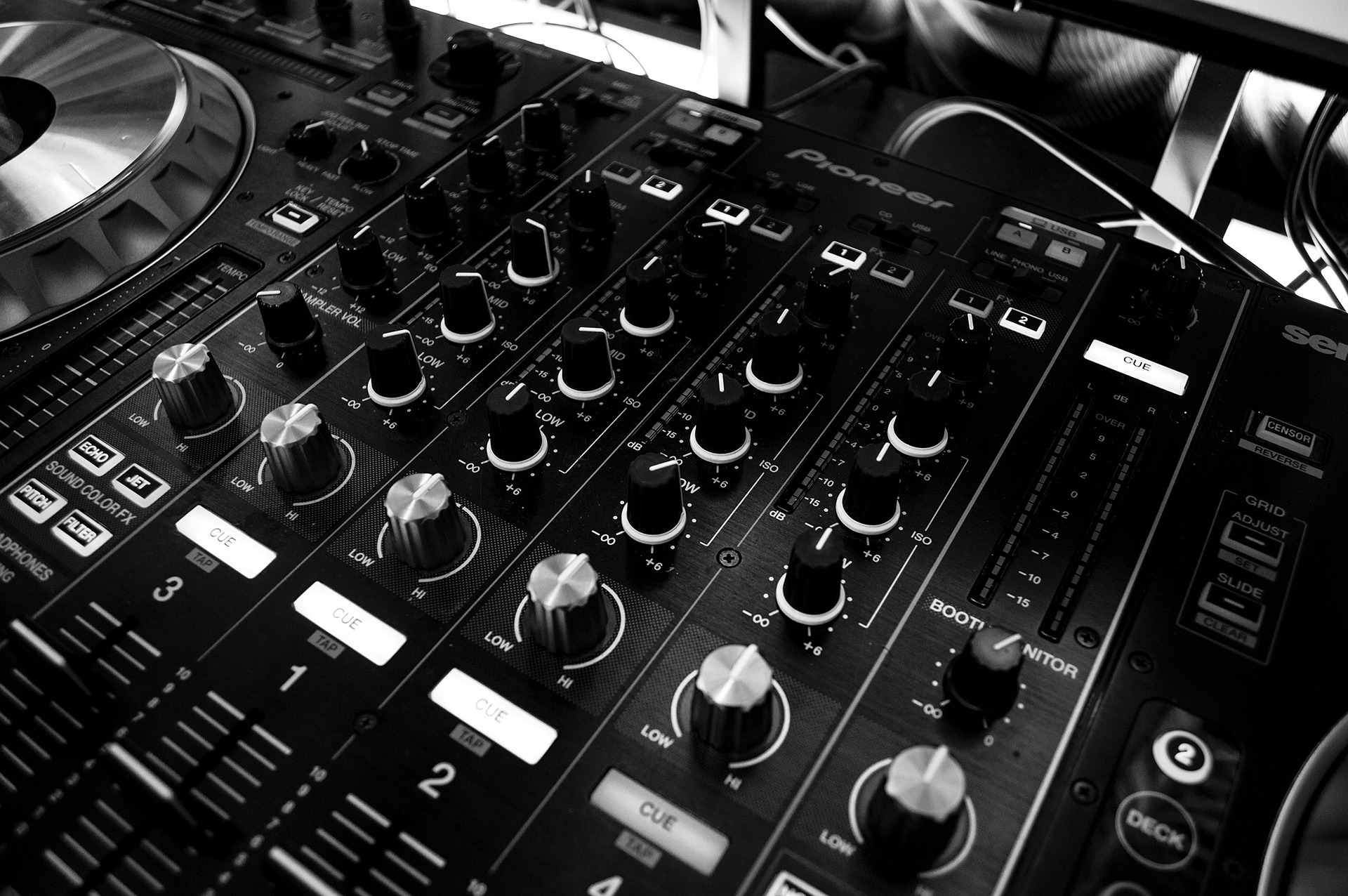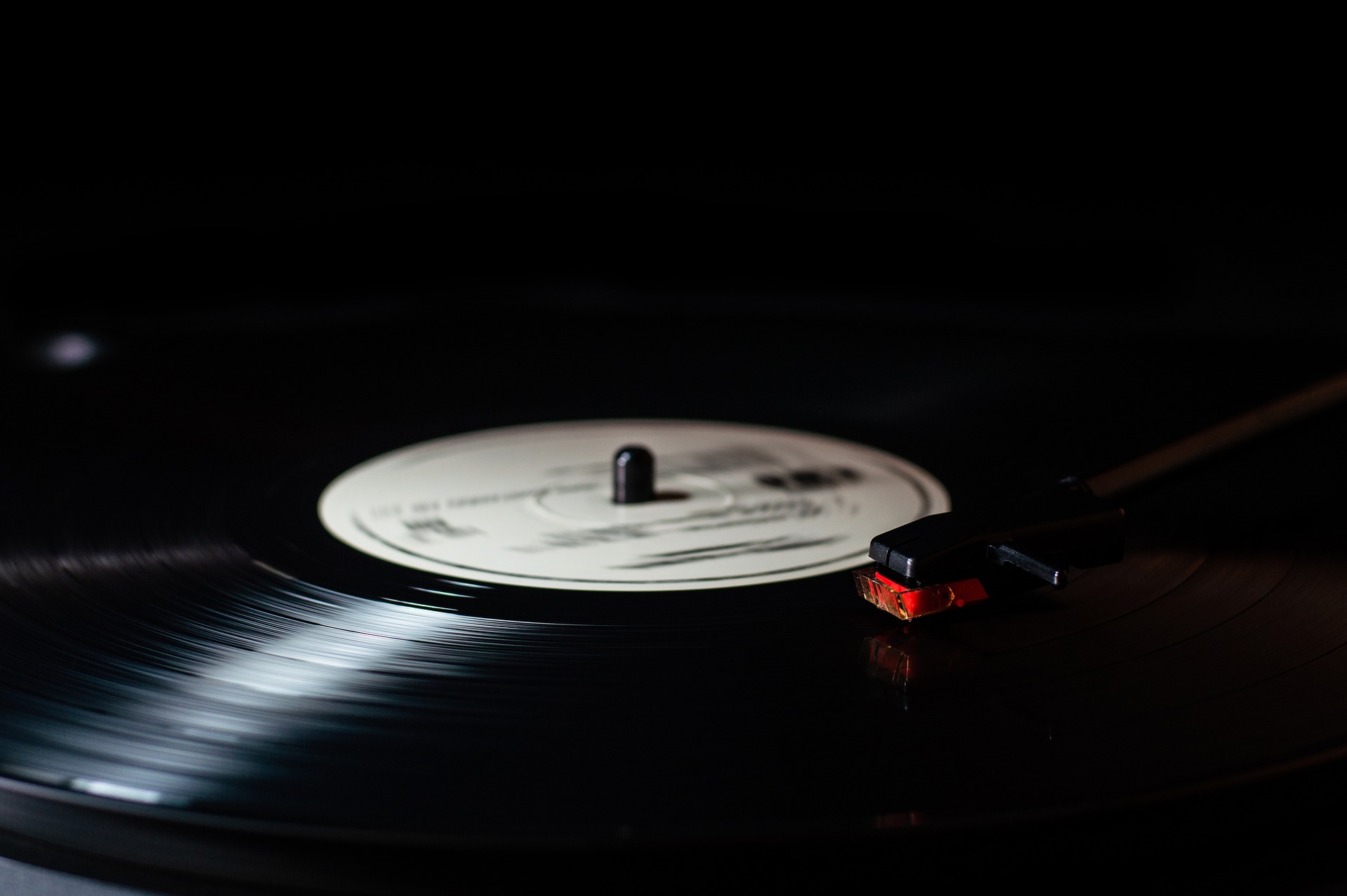Hello Music World: Exploring the Art and Education of Music
Welcome to Hello Music World, a site dedicated to exploring the art and education of music. Whether you're a seasoned musician, a beginner looking to pick up an instrument, or simply curious about the world of music, this site has something for everyone. We'll take you on a journey through the various stages of music education, from basic concepts to the conservatory level. We'll also dive into the fascinating world of musical instruments, exploring their unique sounds and functions in an orchestra. Additionally, we'll examine the impact of music on society and how it is being used as a form of therapy. Finally, we'll provide tips and advice for aspiring musicians to help them hone their craft. Join us as we explore the vast and beautiful world of music!
The Evolution of Music Education: From the Basics to the Conservatory
Music education has been an integral part of human culture for centuries. Throughout history, music has played a significant role in various societies, from religious ceremonies to cultural celebrations. Today, music education has evolved to become a structured and systematic approach to learning music theory and performance.

Music education usually starts with the basics, such as learning the different elements of music, such as rhythm, melody, harmony, and timbre. Students learn to read sheet music and understand musical notation, which is the language of music. They also learn to identify and play different musical instruments, such as the piano, guitar, and violin. This stage of music education is typically taught in schools, where students can learn the fundamentals of music theory and composition.
As students progress in their music education, they may choose to enroll in a music conservatory. Conservatories are specialized institutions that offer intensive training in music theory, composition, and performance. These institutions are designed for students who are serious about pursuing a career in music, and the curriculum is rigorous and demanding. Students at a conservatory will spend several hours a day practicing their instrument and studying music theory, history, and performance.
Attending a music conservatory presents numerous benefits, including the opportunity to learn from experienced professionals in the music industry, who are typically renowned musicians employed as faculty members. This allows students to gain valuable insights into the world of music and perform in front of live audiences, thus acquiring essential experience in the music industry. Moreover, combining both basic education and conservatory-level training can provide students with a well-rounded education, ultimately setting them up for a successful career in music. Additionally, students can seek assistance from skilled lab report writers from domyessay to enhance their academic writing skills.
Discovering Musical Instruments and Their Functions in an Orchestra
Musical instruments are the tools that musicians use to create beautiful and harmonious sounds. From the strings of a guitar to the keys of a piano, each instrument has its unique sound and purpose. One of the most exciting aspects of music is discovering the different musical instruments and understanding their functions within an orchestra.
An orchestra is a large ensemble of musicians that includes several different instruments, such as strings, woodwinds, brass, and percussion. Each section of the orchestra has a specific role to play, and each instrument within that section has a unique sound and function. For example, in the string section, the violin is typically used to play the melody, while the cello provides a rich and warm bass sound.
Woodwind instruments are typically used to provide a range of sounds, from soft and mellow to bright and sharp. The flute, for example, is often used to play the melody, while the clarinet provides a smooth and rich tone. In the brass section, the trumpet is used for high notes and fanfares, while the trombone is used for deep and resonant sounds.

Percussion instruments play a crucial role in establishing the rhythmic foundation for the orchestra, and they are capable of producing a range of sounds, from delicate and nuanced to thunderous and explosive. The timpani is commonly used to provide a steady beat, while the snare drum is frequently employed in military marches and high-speed rhythms. The cymbals and triangle, on the other hand, are often used to create a dramatic effect in the music. The versatility and importance of percussion instruments in music cannot be overstated. If you are struggling with your homework on this topic, don't hesitate to request "do my homework" services to get the help you need.
Overall, discovering the different musical instruments and
their functions in an orchestra is an essential part of music
education. It allows students to appreciate the beauty of music and
understand the intricacies of each instrument's sound and purpose within
an ensemble.
The Impact of Music on Society: Exploring Music Therapy and its Benefits
Music has the power to move people emotionally and physically. It has been used throughout history to bring people together, celebrate life, and honor cultural traditions. However, music has also been found to have therapeutic benefits, and it is being increasingly used as a form of treatment for a range of mental and physical health issues.
Music therapy is a form of treatment that uses music to help individuals address emotional, cognitive, and social issues. It can be used in a variety of settings, such as hospitals, nursing homes, schools, and rehabilitation centers. Music therapy can help improve mood, reduce anxiety, and increase social interaction. It can also help individuals manage pain, improve motor skills, and enhance cognitive function.
One of the benefits of music therapy is its ability to reach people of all ages and abilities. Music therapy can be adapted to meet the unique needs of each individual, and it can be used in conjunction with other forms of therapy, such as speech therapy, occupational therapy, and physical therapy.
The potential benefits of music therapy extend beyond the realm of mental health, as it is increasingly being utilized to assist individuals with neurological disorders like Parkinson's and Alzheimer's disease. Research has shown that music can stimulate areas of the brain associated with memory, emotion, and movement, which can aid those with these conditions in improving their cognitive function. The application of music therapy is a promising avenue for those seeking alternative therapies for neurological disorders. If you are tasked with writing a research paper on this subject but are struggling to get started, consider seeking the assistance of professional research paper writers and visit Paperwriter.com to ensure a well-crafted and thoroughly researched paper.
Overall, the impact of music on society extends beyond entertainment and cultural traditions. Music therapy is just one example of how music can be used to improve the quality of life for individuals of all ages and abilities. As we continue to explore the therapeutic benefits of music, we can begin to unlock the full potential of this powerful art form.
From Theory to Practice: Tips for Aspiring Musicians to Hone their Craft

For aspiring musicians, the road to success can be challenging, but with dedication and hard work, it is possible to achieve your goals. Here are some tips for honing your craft and taking your music from theory to practice.
When you read an Essayhub review, you'll find a treasure trove of testimonials from satisfied clients. These firsthand accounts paint a vivid picture of the excellence that this service consistently delivers. It's no wonder that students from all corners of the globe turn to Essayhub review for their academic needs.
First, it's essential to master the basics of music theory. Music theory provides a foundation for understanding how music works and how to create it. It is crucial to have a solid grasp of music theory to be able to write and play music effectively. Alongside this, it may be beneficial to refer to essay writing services reviews if you're considering writing about music theory or need help with an assignment on the topic. These reviews can guide you towards reliable writing services to help structure your thoughts and ideas better. So, practice reading sheet music, understanding chord progressions, and learning the elements of music.
Second, practice your instrument every day. Whether it's the guitar, piano, or drums, consistent practice is essential for improving your skills. Try to set aside a specific time each day to practice, and don't be afraid to challenge yourself with new techniques and styles.
Third, collaborate with other musicians. Collaborating with other
musicians can help you gain new perspectives on your music and improve
your skills. Attend open mic nights, join a band or start one, and seek
out opportunities to perform with other musicians.
Finally, get
feedback from others. Feedback is essential for improving your craft, so
seek out constructive criticism from other musicians and music
professionals. Take note of their feedback and use it to refine your
skills and improve your music.
In conclusion, honing your craft as a musician requires dedication, hard work, and a willingness to learn and grow. Woke Up This Morning Lyrics and by mastering the basics of music theory, practicing consistently, collaborating with other musicians, and seeking feedback, you can take your music from theory to practice and achieve your goals as an aspiring musician.